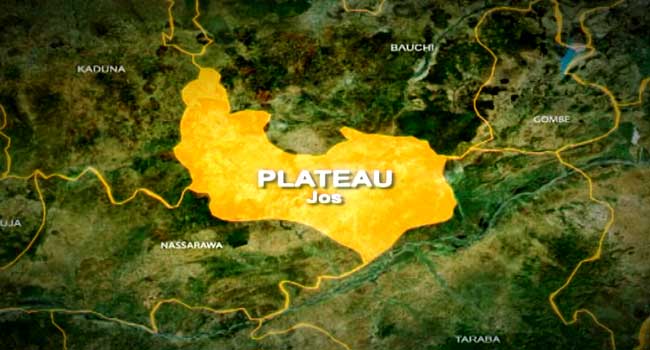Kim Davou, a 42-year-old well digger from Shen community in Jos South Local Government Area of Plateau State, has witnessed dramatic changes in water accessibility over the last decade. As new residential areas have sprung up across his community and neighboring regions, the demand for water wells has surged, sometimes exceeding three requests monthly.
However, Davou notes a troubling shift in water availability. “A few years ago, we used to dig water wells between March and April to depths of 30 to 33 feet for sufficient year-round water,” he explained. “Now, the ground is so dry and hard that we start digging earlier, from January or February, and often go 35 to 37 feet deep before finding enough water.”
Deeper Drilling, Higher Costs
Geologist Kassam Gaktuwe, Managing Director of Benian General Services Limited and Plateau State representative for Daibau Nigeria, corroborates the challenges. “In the past, boreholes in Jos could be drilled to depths of 25 to 35 meters. But these days, even at 100 meters, water is not guaranteed. In some cases, we’ve had to drill beyond 150 meters,” he revealed.
The financial implications are steep. Manual well diggers like Davou now charge between ₦150,000 and ₦200,000 per project, a sharp increase from the previous ₦14,000 to ₦30,000. For machine-drilled boreholes, the cost has risen from ₦2,500 per meter to as much as ₦15,000 per meter. Drilling to 150 meters now costs over ₦2 million, significantly burdening homeowners.
The Role of Climate Change
Experts point to climate change as a major factor in Plateau’s dwindling water resources. Kassam highlighted that aquifers, previously reliable sources of underground water, are increasingly empty.
Dr. Meshach Alfa, a Water Resources and Environmental Engineering Consultant and Chairman of the Nigerian Society of Engineers’ Jos Branch, stressed the urgent need for collective action. “The rapid depletion of natural resources, including water, is tied to unsustainable development practices and climate change. We must address these issues to safeguard future generations,” he emphasized.
Charting a Sustainable Path Forward
Dr. Alfa advocated for adopting clean and renewable energy sources, reducing deforestation, planting trees, and adopting sustainable agricultural practices. He also called for integrating climate change considerations into infrastructure development, ensuring systems like water plants and energy production are designed with resilience in mind.
“The challenges of climate change demand a unified approach,” he said. “If we fail to act decisively, its impact will affect everyone, regardless of status.”
Why This Matters
The water crisis in Plateau State underscores the urgent need to address climate change and resource management. From Davou’s firsthand observations to Alfa’s expert insights, the message is clear: proactive measures are essential to reverse the trend and prevent a full-blown water scarcity crisis.

